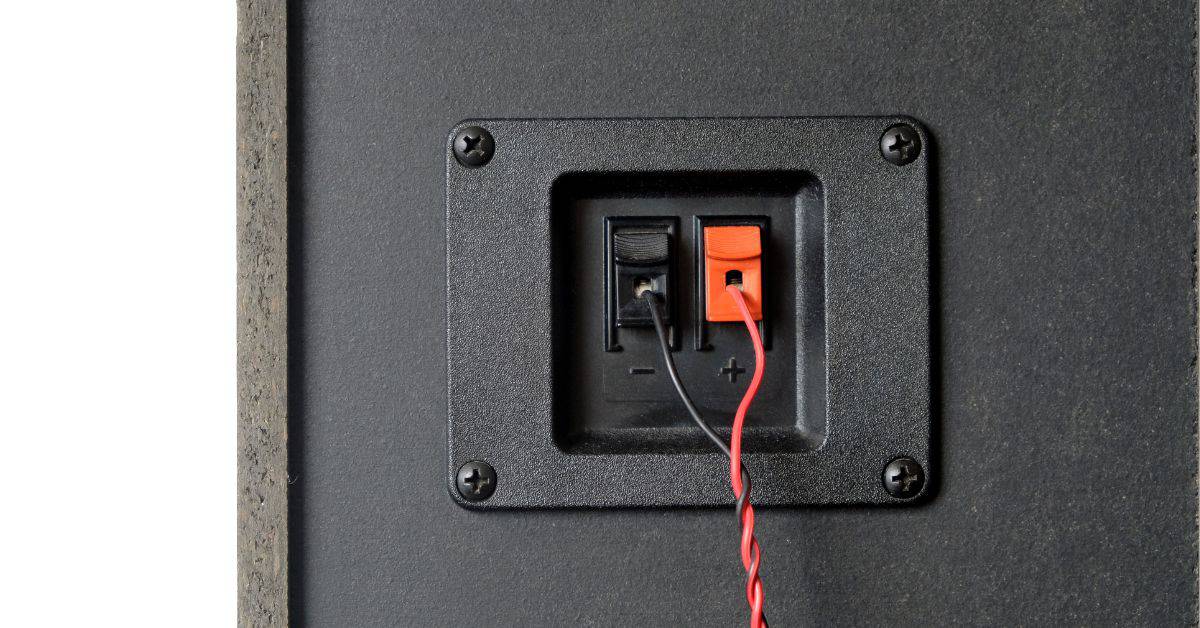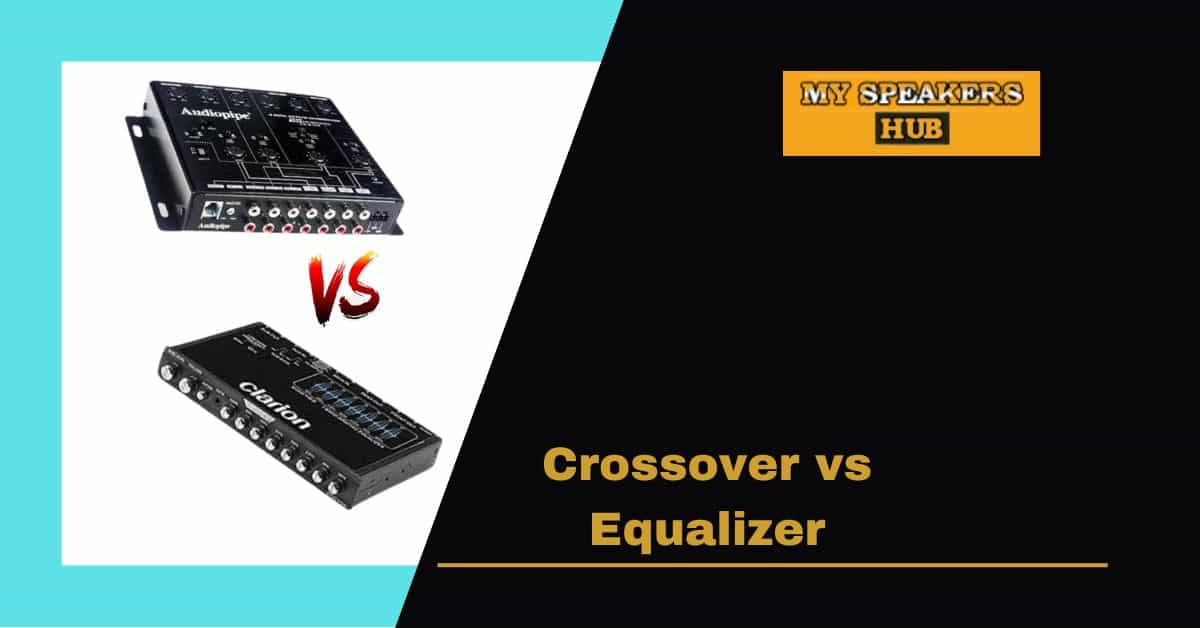Yes, you can use speaker wire for 110V. The wire is made of copper and is a good conductor of electricity. The only thing you need to be careful of is the gauge of the wire. The thicker the wire, the more amperage it can carry.
Why you should never use speaker wire for 110V

While it is technically possible to use speaker wire for 110V applications, it is not recommended for a number of reasons. First, speaker wire is not designed to handle the high currents associated with 110V applications. Second, the insulation on speaker wire is not rated for the high voltages associated with 110V applications. Finally, the wire gauge of speaker wire is not adequate to support the high currents associated with 110V applications. For these reasons, it is best to use wire that is specifically designed for 110V applications.
How using speaker wire for 110V can be dangerous
Using speaker wire for 110V can be dangerous because it is not designed to handle that amount of electricity. The wire can overheat and start a fire. It is also a fire hazard because the insulation on the wire is not designed to handle the high temperatures that come with handling that much electricity.
What are the risks of using speaker wire for 110V
There are numerous risks associated with using speaker wire for 110V. The most significant risks are fire and electrical shock. Other risks include damage to the speaker wire itself and to any equipment that is connected to it.
Fire risks exist any time electrical current is involved. If the speaker wire is not properly rated for the amount of current flowing through it, it can overheat and catch fire. This is especially true if the wire is not properly insulated.
Electrical shock is another significant risk. This can happen if the wire is not properly insulated or if it is damaged and the insulation is breached. If a person touches the wire while it is carrying current, they can receive a shock. This can be dangerous or even fatal.
What are the alternatives to using speaker wire for 110V
There are many alternatives to using speaker wire for 110V. Some of these alternatives include using alternative types of wire, such as CAT5 or CAT6 cable, or using a different type of connection, such as a banana plug or an XLR connector. Additionally, there are a number of different ways to wire a speaker system, such as using a single wire for each speaker or using a daisy chain.
How to safely use speaker wire for 110V
There are a few things to keep in mind when using speaker wire for 110V AC power. First, make sure that the wire is rated for the voltage and amperage that you will be using. Second, use appropriate connectors for the wire. Third, make sure that the wire is properly insulated. Fourth, use caution when working with electrical circuits.
When using speaker wire for 110V AC power, it is important to use wire that is rated for the voltage and amperage that you will be using. The rating is usually printed on the wire insulation. For example, if you are using a 15-amp circuit, you will need wire that is rated for 15 amps.
It is also important to use the proper connectors for the wire. For example, if you are using speaker wire to connect a 110V AC outlet to a light fixture, you will need to use a connector that is rated for 110V AC.
Make sure that the wire is properly insulated. The insulation on speaker wire is not as thick as the insulation on electrical wire, so it is important to use caution when working with it. Also, make sure that the wire is not touching any bare metal.
Frequently Asked Questions [FAQs]
Can I use speaker wire for 110V?
Yes, you can use speaker wire for 110V. However, you will need to use a thicker gauge wire to support the higher voltage.
What gauge wire should I use for 110V?
You will need to use a thicker gauge wire for 110V. A 14 gauge wire is the minimum thickness you should use.
How do I know if my speaker wire is thick enough?
If you are not sure if your speaker wire is thick enough, you can check the thickness by looking at the American Wire Gauge (AWG). The thicker the wire, the lower the AWG number.
What is the difference between stranded and solid core speaker wire?
Stranded speaker wire is made up of multiple small wires bundled together. This makes it more flexible than solid core wire. Solid core speaker wire is made of a single solid wire. It is less flexible than stranded wire but is less likely to break.
Can I use speaker wire for other purposes?
Yes, you can use speaker wire for other purposes. However, you will need to use a thicker gauge wire to support the higher voltage.
What are the benefits of using speaker wire?
Speaker wire has a number of benefits. It is less expensive than other types of wire and is easy to work with. Additionally, speaker wire is less likely to break than other types of wire.
Conclusion
Based on the article, it appears that speaker wire can be used for 110V, but it is not recommended. Speaker wire is not as thick as standard electrical wire, so it is not as safe. Additionally, using speaker wire for 110V will likely void the warranty on the wire.





One Comment on “Can I Use Speaker Wire For 110V”